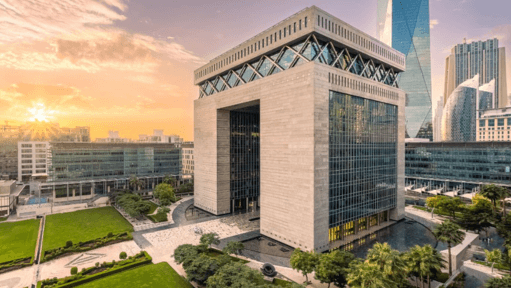
Dubai International Financial Centre Introduces World’s First Digital Assets Law
Dubai International Financial Centre (DIFC) has introduced groundbreaking legislation, marking the world's first digital assets law and amendments to existing security laws.
These changes are designed to address the implications of the new digital assets framework and revised security regulations, ensuring that DIFC remains abreast of the rapid advancements in global trade and financial markets driven by technological innovation.
After a thorough examination and a period of public consultation in 2023, DIFC has implemented its own digital assets law. Moreover, existing DIFC laws, including contracts law, law of obligations, law of security, law of damages and remedies, trust law, and foundations law, have been updated through DIFC Amendment Law, No. 3 of 2024, to accommodate specific issues related to digital assets.
The updates to the law of obligations also allow for the use of electronic transferable records, equivalent to traditional paper trade documents such as bills of lading, bills of exchange, and promissory notes. Recognising these documents in electronic form enhances efficiency in cross-border digital trade, expediting document transmission and enabling automation of transactions through smart contracts.
Furthermore, significant progress has been made in secured transaction regimes internationally since the enactment of DIFC's security law in 2005. The emergence of platforms facilitating credit extension secured by digital asset collateral necessitated a review of existing laws.
This move aims to clarify security over digital assets and streamline financial collateral provisions within the new law of security, thus modernising DIFC's securities regime to meet evolving market needs.
For any enquiries or information, contact ask@tlr.ae or call us on +971 52 644 3004. Follow The Law Reporters on WhatsApp Channels.